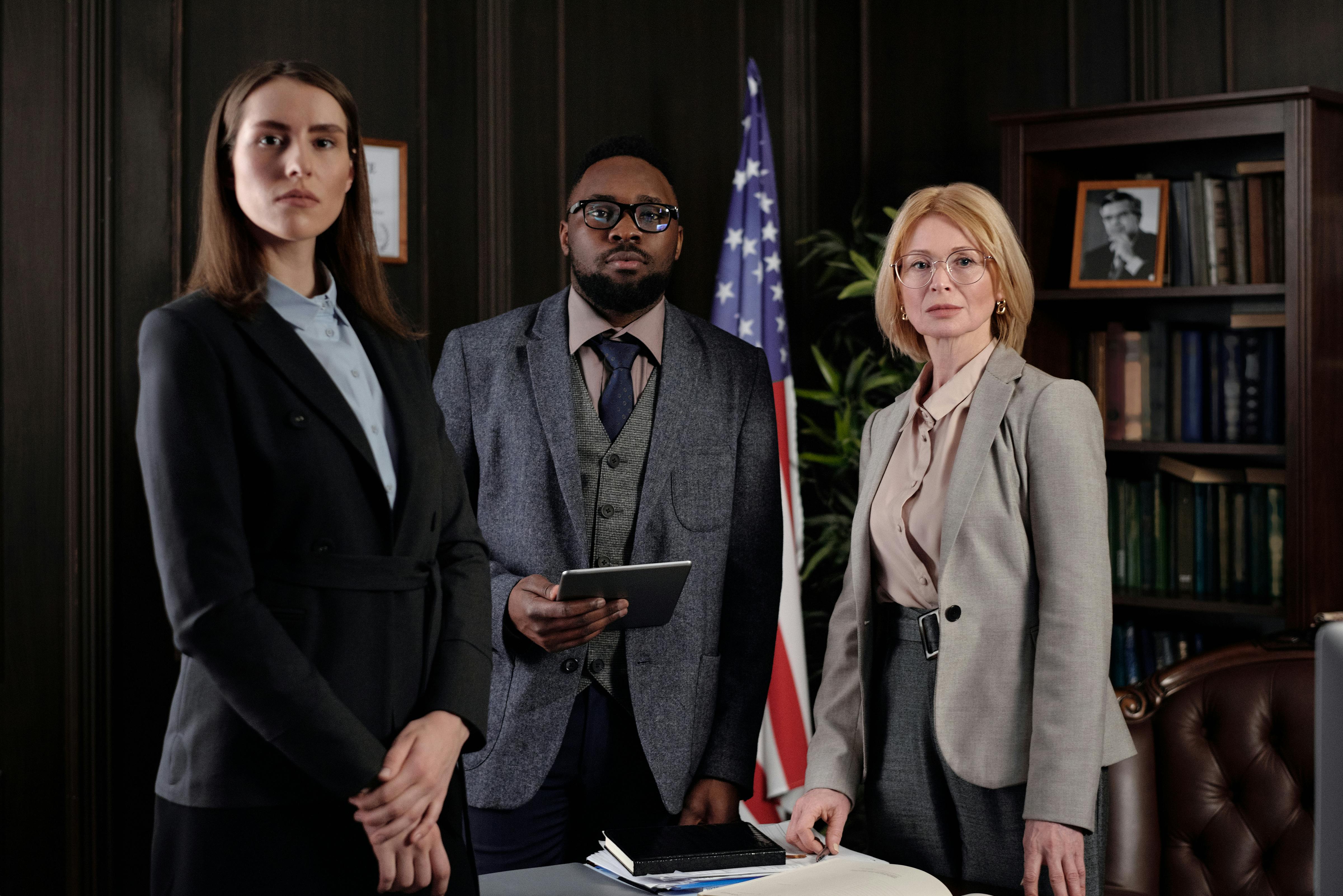
Secure a good lawyer
Getting a good attorney can be challenging, if not frustrating. However, the basic guidelines are the same in most countries. It is recommended that you hire an attorney who can be your “legal advisor” and your agent at the same time. From the beginning, a good attorney connects with his client. Determine if there is a fit, although personality fit is very important, as you, the client, must have a sense of security from the initial contact. Jamaican attorney Charles Williams, with over 25 years of experience, advises the client to ask lots of questions and pay attention to vital testers like chemistry and accessibility, right from the start.
He says that lawyers should be able to give an idea of the time frame involved and the steps necessary to solve the problem to be achieved. Clients need to ‘know’ they have the last word, although the attorney advises on all possible outcomes, says another attorney, Jacqueline Samuels. Therefore, the client must recognize the critical value of outlining their desired course of action. In any country, clients should inquire whether the attorney is fully certified and qualified to represent them, especially in court, by the appropriate body. In Jamaica, attorneys conduct minimal advertising, such as phone book listings. However, directory listings are not sufficient guidelines for finding a good attorney.
Old fashioned, through friends, family and acquaintances, they never run out. Also, choice, based on reputation or observation, can be very beneficial. Observations can be made by attending court and seeing attorneys in action or, on occasion, through knowledge of a successful transaction already in progress, when permitted. The General Legal Council of Jamaica, the body responsible for the discipline and rules governing lawyers, cannot recommend lawyers. The crux of hiring an attorney is often based on the attorney, the experience, the nature of the case, the nature of the issues and complexities, the type and amount of work required. The initial consultation is, in many cases, free. Within Jamaica’s free market, both parties must meet to decide the fee to be paid or fees to be charged outside of the fees required by law.
This, since attorneys are free to charge whatever fees they consider, their services are worth it. Some attorneys charge a full fee up front, while others charge an initial advance, plus additions over time for additional items, such as court appearances. (Note: In Jamaica, cases can be delayed in court for two to three years, or up to 20 years in extreme circumstances.) Still, there are attorneys who charge an hourly rate after the initial advance. In the case of commercial transactions such as land matters, fees are calculated as a percentage of the value of the property involved. Fundamentally, customers must, at all times, have a clear idea on the basis of the fee structure and therefore the fee to be charged to avoid misunderstandings and budgeting problems. In addition, clients should, at all times, take into account available legal assistance (called pro bono in the US) supplemented by the government.
Through a partnership between the government and attorneys, legal assistance is available, as private attorneys agree to accept significantly reduced fees from people in financial distress. In the case of criminal matters, with some exceptions, such as drug cases, legal aid is offered. There are three legal aid clinics in Jamaica, namely Kingston Legal Aid Clinic, Legal Aid Clinic, Norman Manley School of Law, Mona, St Andrew, and Montego Bay Ltd Legal Aid Clinic in St James. The cost can start at JA $ 20,000 (1US $ = approximately JA $ 89). Lawyers are also volunteers, on duty, as lawyers on duty at police stations, where they advise or represent detained or arrested persons.
Tips to keep in mind: When choosing a lawyer, research the level of experience and knowledge. The choice between attorney and attorney is no longer a problem, as Jamaican attorneys can now operate as both. Attorneys who may not have enough time to dedicate to your case, as a result of a heavy workload, should inform you. Information on legal duties and costs can be obtained from public agencies and offices, such as the Registrar of Titles. Finally, never assume that a ‘friendly’ attorney cares about your best interests. Make sure even these “friendly” attorneys speak directly, especially to tell you when to make contact, in case they don’t contact you first.